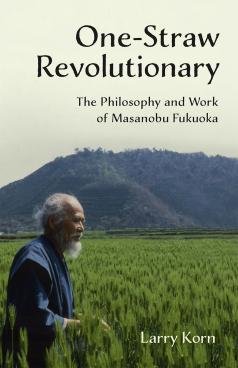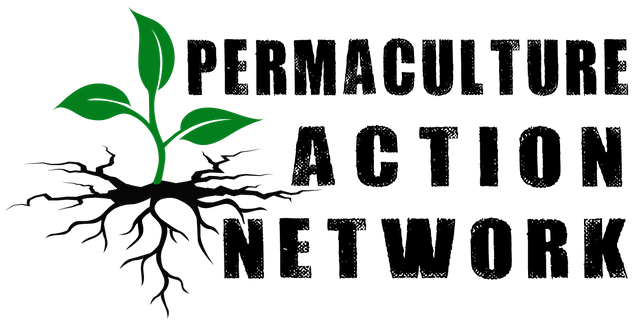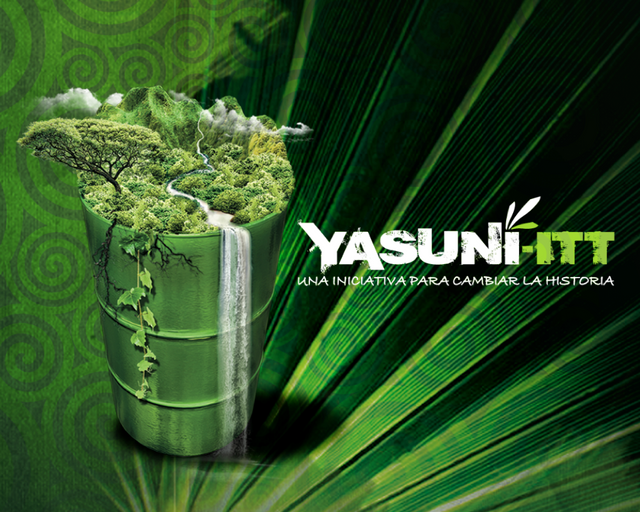permaculture resources, and experiences in Latin America and Africa
Permaculture?
Permaculture can be summarized as a practice that is regenerative to the environment, especially the soil. So, it involves using inputs that harmonize with the earth by making the soil more fertile, versus methods that take away nutrients and in the long-run detract from productivity and fertility.
Fukuoka's One Straw Revolution

is a classic example of permaculture. However permaculture does not necessarily mean do nothing! There is work involved, especially incases where regeneration of the soil is required.
"Making a Difference"
Permaculture like any other amazing technology (hello, blockchain) has be touted to solve the world's problems. Recent synergies with 'transformation festivals' see Burning Man, Envision Festival, etc. and permaculture are best exemplified by the Permaculture Action Network. 
But one day of permaculture can't do anything unless there is a sustained effort at a local site. The same as a transformational festival limits the transformation by occurring with truncated frequency true permaculture must be exemplified by actually being present with the land on more than a temporary basis.
Who has more integrity?
Or course many people do actually live in the place where they are doing permaculture. If you can make it to Hawaii, the La'akea community is a great place to start. They have both internships and offering courses to receive a PDC (permaculture design certificate). Feeling a little more adventurous? Maybe the Amazon is the place to for you? Chaikuni is a permaculture institute outside of the Iquitos specializing in tropical permaculture.
Next Stop: Utopia
After you get your taste of permaculture, either through the action network or taking a PDC course or interning at an institute maybe you are ready for the next stop. A great resource is GEN: the global ecovillage network 
En eco village is a more permanent solution for those communities who want to live sustainably by consuming only resources that they produce. Spanish-language speakers can also find CASA, which is focused specifically on eco villages in Latin America. There also has been publicity recently of many eco villages looking to integrate blockchain with their operations. There was Xavier Hawk and talk of Permacredits back in 2014, but with no tweets in over a year and the domain name up for sale, seems like maybe was vapor ware, a case of talking too soon too fast, or maybe getting cold feet from regulators? Other newer examples are ECO coin, but it seems like a white paper with no plan for actualization.
Even before blockchain there was examples of ecological economics, the most well-known being the failed 
Yasuni-Itt project,
where Ecuadorian president Rafael Correa attempted to get the global community to pay Ecuador 100s of millions of dollars to leave oil in the ground instead of drilling. With so many failed and incomplete examples it surely seems possible to integrate blockchain technology with some type of permaculture or ecological project, the only question is how?
Background. I am working on a paper about conservation of Elephant tusks using a digital token to represent in situ (i.e. living Ivory) that I will present at the 7th International Conference on Appropriate Technologies in Zimbabwe this November.